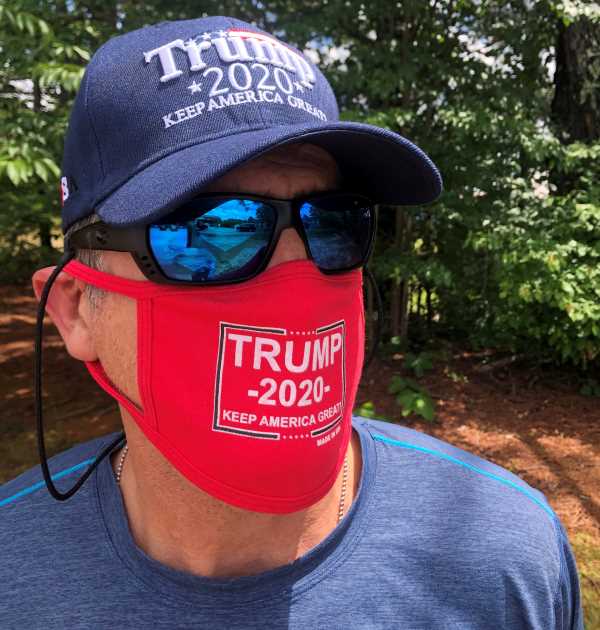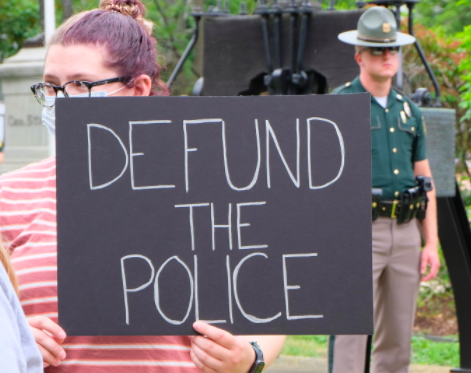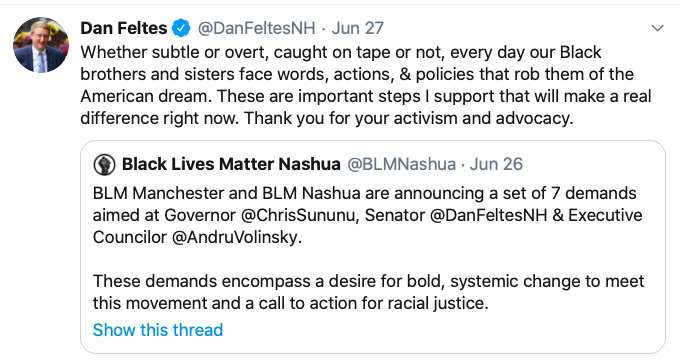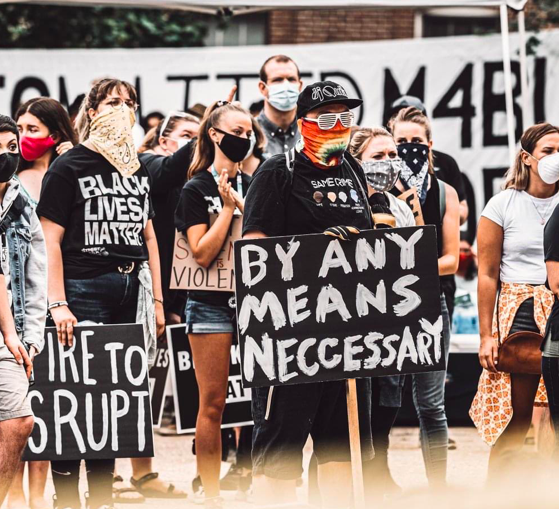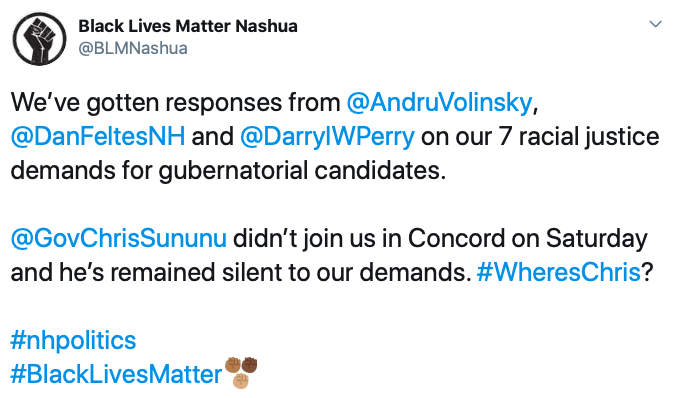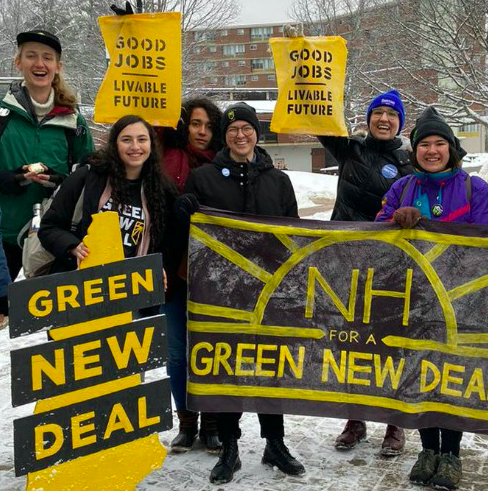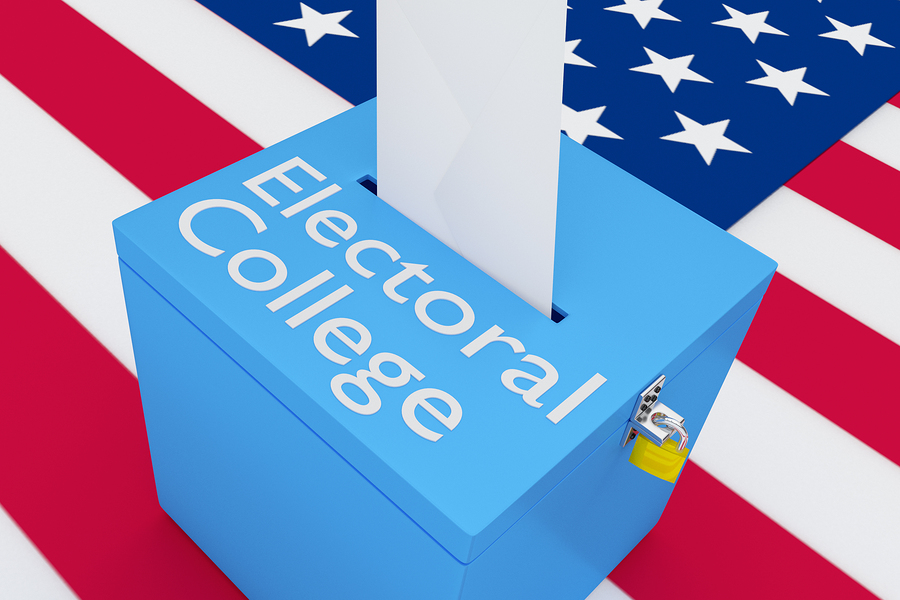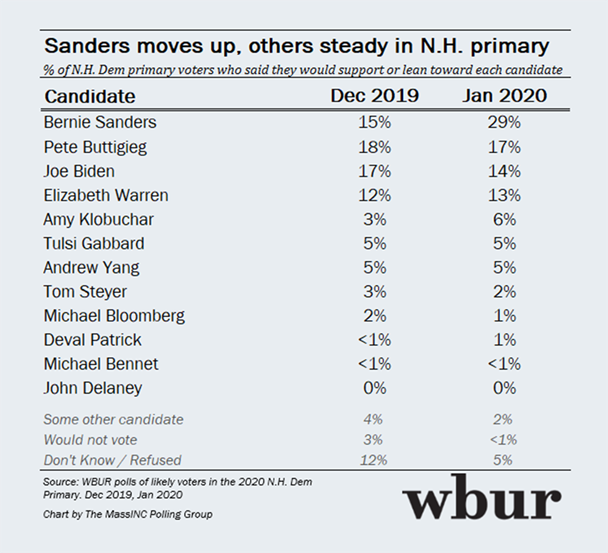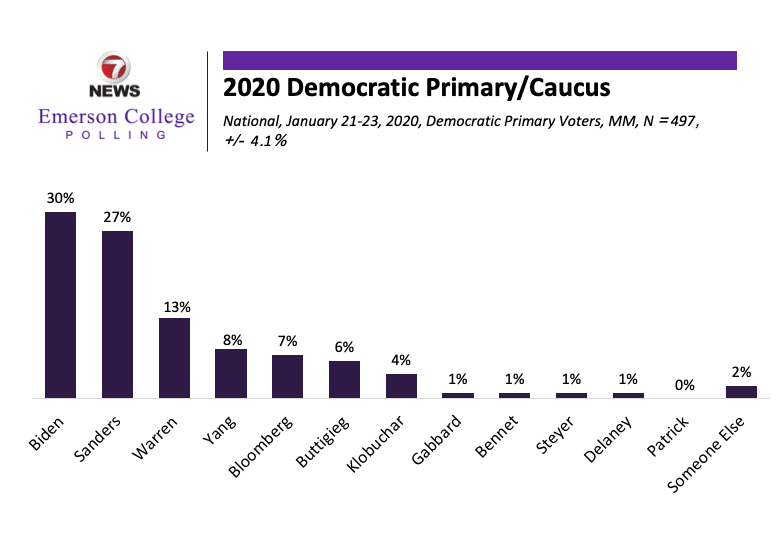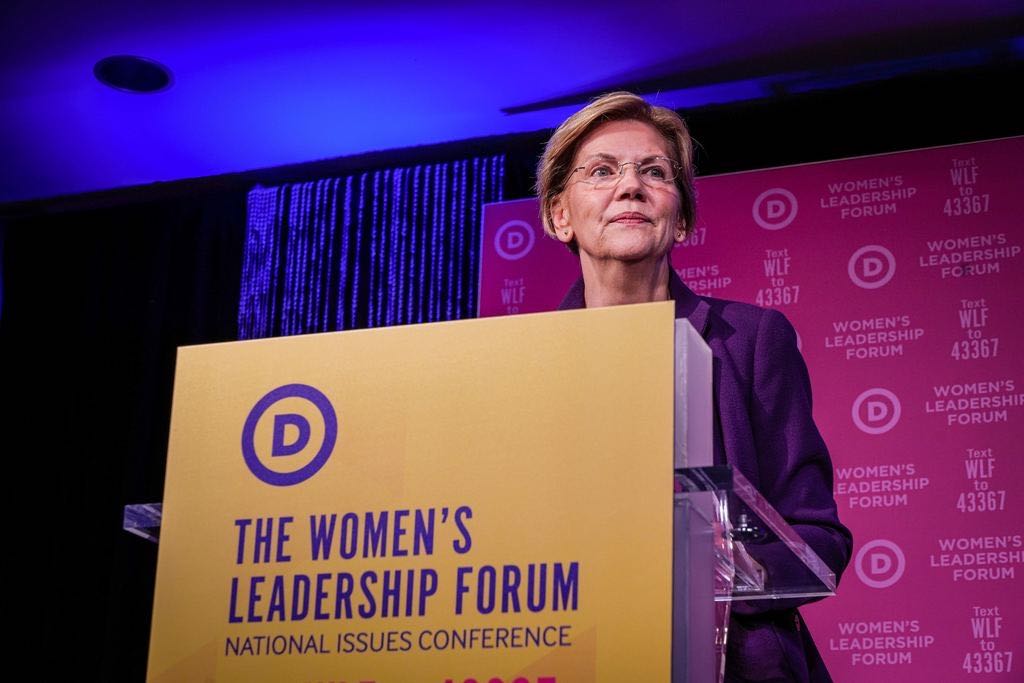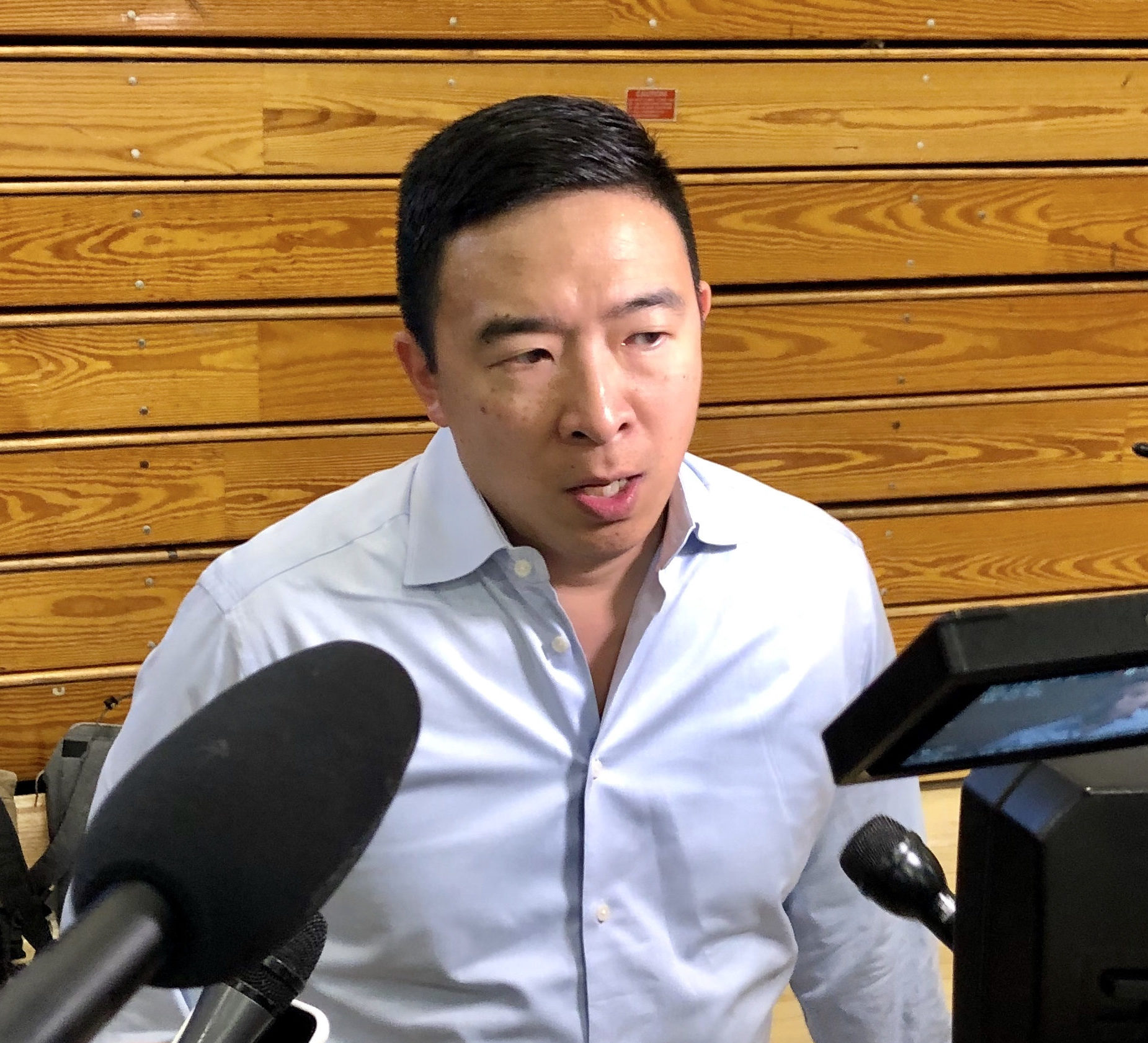NH Dems Silent on Biden Plan For IRS to Monitor Bank Accounts As Small as $600
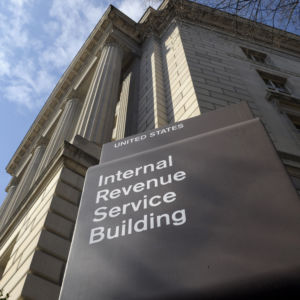
The Biden administration continues to defend a proposal for the IRS to monitor every bank account with $600 or more in total transactions every year. It’s a policy the American Banking Association (ABA) has condemned and the New Hampshire Bankers Association calls intrusive, complicated. and burdensome.
And yet while opposition is growing across the political spectrum, here in New Hampshire the entire delegation has no comment about the plan to monitor small-dollar bank accounts. That includes Sen. Maggie Hassan, who sits on the Finance Committee, where news of the IRS rule was first revealed.
Under the plan, banks and other financial institutions would be required to annually report customers’ account inflows and outflows to the IRS if they totaled more than $600 in a year. The White House has estimated the policy, which would apply to bank, loan, and investment accounts, would cost Americans about $46 billion a year.
“We believe the proposed IRS reporting requirements are extremely expansive, will intrude into the lives of nearly every individual with a bank account, will be complicated and burdensome for the industry to implement, and will disproportionately burden our community banks,” said Kristy Merrill, president of the NH Bankers Association.
The ABA calls it, “an expansive new tax information reporting regime that would directly impact almost every American and small business with an account at a financial institution. This proposal would create significant operational and reputational challenges for financial institutions, increase tax preparation costs for individuals and small businesses, and create serious financial privacy concerns.
“We urge members to oppose any efforts to advance this ill-advised new reporting regime,” the group said in a letter to Congress.
Members are responding. Republicans on the Senate Finance Committee and Senate Committee on Banking, Housing, and Urban Affairs sent a letter to leadership calling it a “misguided proposal” that “would violate law-abiding taxpayers’ privacy and place onerous new reporting requirements on financial institutions.”
The Biden proposal came to light in written testimony to the Senate Finance Committee from IRS Commissioner Charles P. Rettig in June. New Hampshire Sen. Maggie Hassan is a member of that committee.
Hassan has declined repeated requests for comment on the plan, and she didn’t sign the Finance Committee letter opposing it.
Meanwhile, next door in Maine, lawmakers have introduced a resolution in the House of Representatives urging Senators Susan Collins (R), Angus King (I), and the rest of Maine’s congressional delegation to block the banking scheme.
And, says Rebeca Romero Rainey of the Independent Community Bankers of America, the American people don’t like this plan either.
“An ICBA poll conducted by Morning Consult found 67 percent of voters oppose requiring financial institutions to report customer account information to the IRS, while consumers are speaking with more than 400,000 messages to their members Congress in opposition,” Rainey said in a statement. “The IRS reporting proposal is an invasion of consumers’ privacy, a violation of Americans’ due process, a data security risk amid the agency’s ongoing tax return leak investigation, and a threat to bipartisan efforts to reduce the unbanked population by driving more Americans out of the banking system and toward predatory lenders.”
Critics have also noted the IRS’s “troubling record of failing to protect certain confidential taxpayer information and abusing its authority, specifically the targeting of conservative political groups, this proposal would undermine trust in the financial system and, in turn, reduce financial inclusion.”
In 2013, the Obama administration’s IRS was caught targeting conservative organizations, denying or drastically slowing their attempts to create advocacy organizations beginning in 2010. In 2017, the IRS issued an apology as part of a court-approved settlement.
Another concern is the rule would have “an outsized impact on credit unions serving rural communities” like those in much of New Hampshire, according to Jim Nussle, president and CEO of the Credit Union National Association.
“This proposal is deeply concerning for America’s credit unions and their 120 million members. From the massive 2014 data breach at the Office of Personnel Management to this year’s IRS leak of federal tax returns, the federal government’s checkered history of warehousing personal data underscores the dangerous impracticality of this policy proposal.”
Nevertheless, the Biden administration is pushing ahead. Yellen defended the policy during a Senate Banking Committee hearing Thursday.
“I think it’s important to recognize that we have a tax gap that’s estimated at $7 trillion over the next decade,” Yellen said. “That is taxes that are due and are not being paid to the government that deprive us of the resources that we need to do critical investments to make America more productive and competitive.”
Wyoming Sen. Cynthia Lummis pushed back.
“Well, $600 threshold is not usually where you’re going to find the massive amount of tax revenue you think Americans are cheating you out of,” she replied, adding: “Are you aware of how unnecessary this regulatory burden is? Do you distrust the American people so much that you need to know when they bought a couch? Or a cow?”
Sen. Jeanne Shaheen, Rep. Annie Kuster, and Rep. Chris Pappas all declined to comment.


